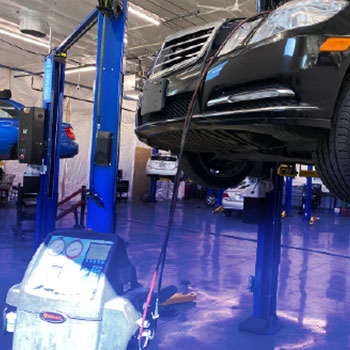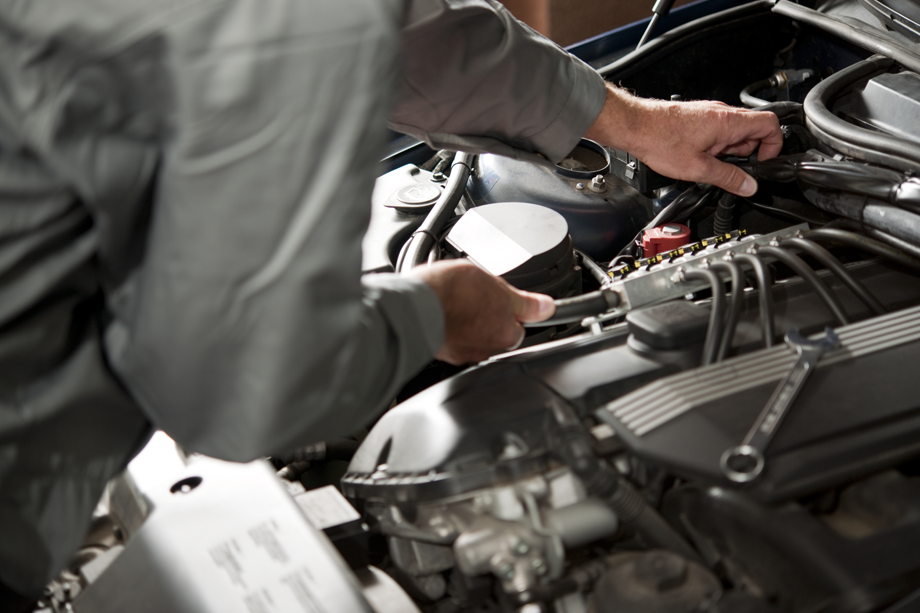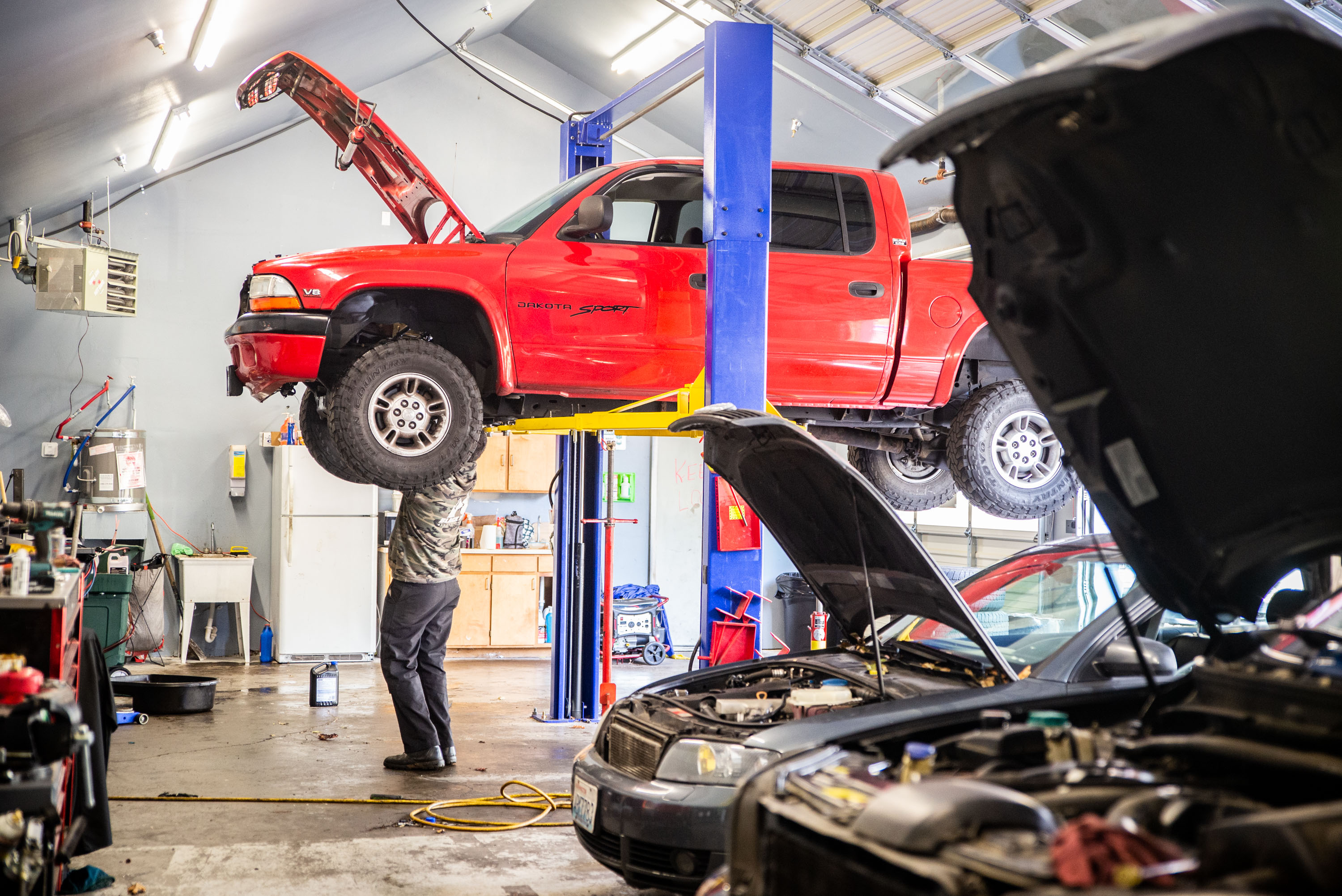All Categories
Featured
When your car calls for major fixings, the expenses can be a hefty financial problem. Whether it's an essential engine problem, transmission failure, or other pricey repair work, managing these costs without disrupting your budget plan can be a difficulty. Thankfully, there are a range of financing choices that can aid you pay for major vehicle fixings gradually. Right here's a take a look at some of the very best options for financing your auto repair work.
![]()
Pros: Practical, as financing is prepared straight through the shop. Lots of shops supply deferred passion for specific time frames (e.g., 6-12 months), permitting you to settle the equilibrium without interest if it's paid in complete within the promotional duration. Cons: Rate of interest might raise after the promotional period ends, and approval might be based upon your credit report. Not all shops provide this option, so it may not constantly be available. 2. Personal Lendings. Individual loans from a bank, cooperative credit union, or online lender can be an excellent choice for funding large fixing expenses. These financings generally supply fixed rate of interest and predictable regular monthly repayments, making it easier to plan for settlement. Personal financings are versatile and can be utilized for any kind of repair work.
Pros: Reduced rate of interest than credit history cards and adaptable lending quantities. You might additionally have the ability to borrow a larger sum for considerable repairs. Cons: Lending authorization is usually based upon your credit rating. It can take a number of days to obtain approval, and the process might involve documents or charges. In addition, finance terms can vary from a couple of months to a number of years, so consider your capacity to pay back the lending. 3. Credit history Cards. It can be an efficient means to fund automobile repairs if you already have a credit scores card with a reduced passion price or a 0% APR advertising deal. Some bank card offer rewards or cash-back rewards, which might help offset a few of the fixing expenses.
![]()
Pros: Immediate access to funds, and 0% APR uses allow you to spread payments in time without paying rate of interest (if paid off during the introductory period) Some cards additionally supply money back or rewards. Cons: If the 0% APR period ends and the balance is not settled, the interest prices can be high. If you do not settle the financial debt promptly, you can incur substantial fees. Furthermore, lugging a huge equilibrium on your card might negatively impact your credit rating. 4. Home Equity Funding or HELOC. You might be eligible for a home equity lending or a home equity line of debt (HELOC) if you have substantial equity in your home. These car loans allow you to borrow against the worth of your home, generally at a reduced rates of interest than other kinds of financing.
Pros: Reduced rate of interest contrasted to personal loans or charge card. You can borrow a bigger quantity for repair work, which can be beneficial for considerable repairs. Cons: Utilizing your home as collateral means that stopping working to repay the car loan might result in losing your home. The authorization procedure is a lot more engaged and can take longer compared to other financing options. 5. Car Fixing Loans. Some specialized lending institutions use automobile fixing loans specifically created to cover the cost of automobile repair work. These lendings function likewise to personal lendings however are customized to auto-related expenses. They may use affordable rates of interest and terms, relying on your creditworthiness.
![]()
Pros: These car loans can use lower rates than credit rating cards and are especially designed to aid with auto repair services, meaning the application process may be a lot more streamlined. Cons: Approval generally depends upon your credit report. The financing amounts might be limited based upon your credit report and the nature of the repair. 6. Insurance coverage Insurance coverage. If your car's repair is associated to a mishap or damages covered by your insurance plan, your insurance policy company may cover some or every one of the cost of fixings. Comprehensive, accident, or even mechanical failure insurance policy can possibly aid with major repair work expenses.
Pros: If your repair is covered under your insurance plan, it can save you from paying out-of-pocket. In addition, your insurance policy supplier can suggest trusted service center. Cons: You may still need to pay an insurance deductible, and not all repair work are covered under common plans. Additionally, your premiums might boost after submitting a case. 7. Cash Advance (Not Suggested) While cash advance can offer quick access to funds, they are usually not recommended as a result of their extremely high-interest rates and short settlement terms. If they're not paid off on time., these financings can trap customers in a cycle of financial debt.
Pros: Accessibility to money quickly. Cons: Exceptionally high-interest rates and charges can make these fundings a pricey choice. If you're incapable to repay the car loan completely, the debt can quickly spiral unmanageable, causing serious economic consequences. 8. Auto Mechanic Payment Strategies. Some auto repair service stores provide settlement plans for customers to cover the cost of repairs in installments. These plans may include interest-free periods or low-interest prices, making it a more inexpensive choice if you need to take care of large fixing bills.
Pros: Versatile terms that enable you to pay off the fixing expenses with time. If paid off within a defined time structure, lots of repayment strategies include no-interest or low-interest periods. Cons: Not all stores use this solution, and terms may differ commonly depending on the store. Make certain to make clear the details of the payment schedule and any penalties that can apply. Conclusion. The best financing option for your automobile fixing will certainly depend on the severity of the repair work, your economic situation, and your ability to repay the finance. Choices like automobile repair service shop funding, individual fundings, and credit scores cards offer immediate accessibility to funds, while home equity lendings and auto repair service car loans offer bigger finance amounts at potentially reduced prices. It is necessary to contrast interest prices, settlement terms, and fees to guarantee you're selecting the best option for your monetary well-being. By taking into consideration all your financing options, you can make a knowledgeable choice and get your vehicle back on the roadway without damaging your budget.

- Car Service Center Financing. Numerous auto repair service stores offer financing options to customers that need to expand the price of expensive repair services. This might be with internal payment strategies or partnerships with third-party lenders. These plans are created to provide a prompt solution to those who can not pay for to spend for repairs ahead of time.
Pros: Practical, as financing is prepared straight through the shop. Lots of shops supply deferred passion for specific time frames (e.g., 6-12 months), permitting you to settle the equilibrium without interest if it's paid in complete within the promotional duration. Cons: Rate of interest might raise after the promotional period ends, and approval might be based upon your credit report. Not all shops provide this option, so it may not constantly be available. 2. Personal Lendings. Individual loans from a bank, cooperative credit union, or online lender can be an excellent choice for funding large fixing expenses. These financings generally supply fixed rate of interest and predictable regular monthly repayments, making it easier to plan for settlement. Personal financings are versatile and can be utilized for any kind of repair work.
Pros: Reduced rate of interest than credit history cards and adaptable lending quantities. You might additionally have the ability to borrow a larger sum for considerable repairs. Cons: Lending authorization is usually based upon your credit rating. It can take a number of days to obtain approval, and the process might involve documents or charges. In addition, finance terms can vary from a couple of months to a number of years, so consider your capacity to pay back the lending. 3. Credit history Cards. It can be an efficient means to fund automobile repairs if you already have a credit scores card with a reduced passion price or a 0% APR advertising deal. Some bank card offer rewards or cash-back rewards, which might help offset a few of the fixing expenses.

Pros: Immediate access to funds, and 0% APR uses allow you to spread payments in time without paying rate of interest (if paid off during the introductory period) Some cards additionally supply money back or rewards. Cons: If the 0% APR period ends and the balance is not settled, the interest prices can be high. If you do not settle the financial debt promptly, you can incur substantial fees. Furthermore, lugging a huge equilibrium on your card might negatively impact your credit rating. 4. Home Equity Funding or HELOC. You might be eligible for a home equity lending or a home equity line of debt (HELOC) if you have substantial equity in your home. These car loans allow you to borrow against the worth of your home, generally at a reduced rates of interest than other kinds of financing.
Pros: Reduced rate of interest contrasted to personal loans or charge card. You can borrow a bigger quantity for repair work, which can be beneficial for considerable repairs. Cons: Utilizing your home as collateral means that stopping working to repay the car loan might result in losing your home. The authorization procedure is a lot more engaged and can take longer compared to other financing options. 5. Car Fixing Loans. Some specialized lending institutions use automobile fixing loans specifically created to cover the cost of automobile repair work. These lendings function likewise to personal lendings however are customized to auto-related expenses. They may use affordable rates of interest and terms, relying on your creditworthiness.

Pros: These car loans can use lower rates than credit rating cards and are especially designed to aid with auto repair services, meaning the application process may be a lot more streamlined. Cons: Approval generally depends upon your credit report. The financing amounts might be limited based upon your credit report and the nature of the repair. 6. Insurance coverage Insurance coverage. If your car's repair is associated to a mishap or damages covered by your insurance plan, your insurance policy company may cover some or every one of the cost of fixings. Comprehensive, accident, or even mechanical failure insurance policy can possibly aid with major repair work expenses.
Pros: If your repair is covered under your insurance plan, it can save you from paying out-of-pocket. In addition, your insurance policy supplier can suggest trusted service center. Cons: You may still need to pay an insurance deductible, and not all repair work are covered under common plans. Additionally, your premiums might boost after submitting a case. 7. Cash Advance (Not Suggested) While cash advance can offer quick access to funds, they are usually not recommended as a result of their extremely high-interest rates and short settlement terms. If they're not paid off on time., these financings can trap customers in a cycle of financial debt.
Pros: Accessibility to money quickly. Cons: Exceptionally high-interest rates and charges can make these fundings a pricey choice. If you're incapable to repay the car loan completely, the debt can quickly spiral unmanageable, causing serious economic consequences. 8. Auto Mechanic Payment Strategies. Some auto repair service stores provide settlement plans for customers to cover the cost of repairs in installments. These plans may include interest-free periods or low-interest prices, making it a more inexpensive choice if you need to take care of large fixing bills.
Pros: Versatile terms that enable you to pay off the fixing expenses with time. If paid off within a defined time structure, lots of repayment strategies include no-interest or low-interest periods. Cons: Not all stores use this solution, and terms may differ commonly depending on the store. Make certain to make clear the details of the payment schedule and any penalties that can apply. Conclusion. The best financing option for your automobile fixing will certainly depend on the severity of the repair work, your economic situation, and your ability to repay the finance. Choices like automobile repair service shop funding, individual fundings, and credit scores cards offer immediate accessibility to funds, while home equity lendings and auto repair service car loans offer bigger finance amounts at potentially reduced prices. It is necessary to contrast interest prices, settlement terms, and fees to guarantee you're selecting the best option for your monetary well-being. By taking into consideration all your financing options, you can make a knowledgeable choice and get your vehicle back on the roadway without damaging your budget.
Latest Posts
Improved Quality, Driven by Service
Published Apr 19, 25
1 min read
Discover the Perfect Rug for Your Home
Published Apr 18, 25
1 min read
Flooring Experts That Treat You Like Family
Published Apr 18, 25
1 min read